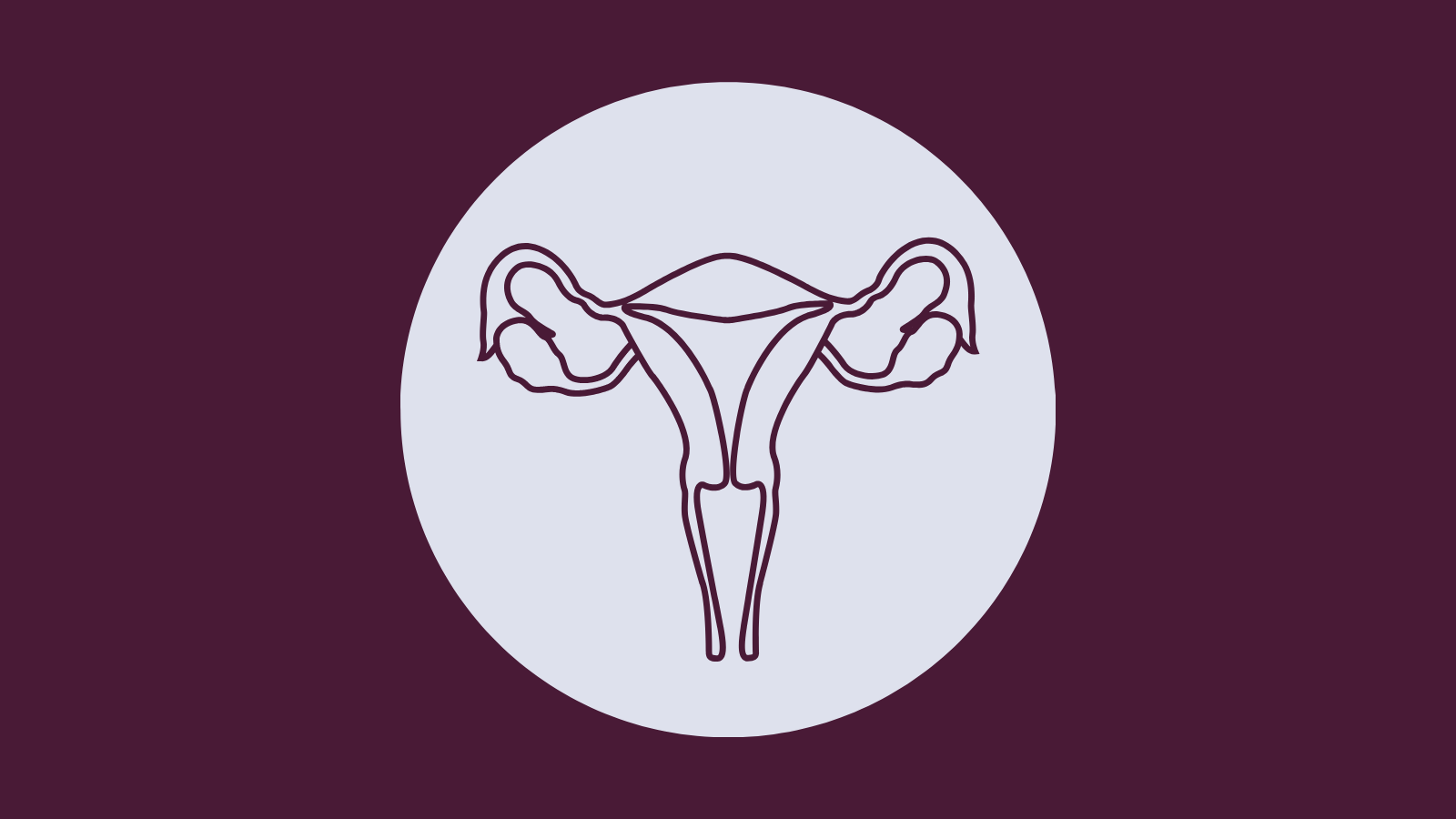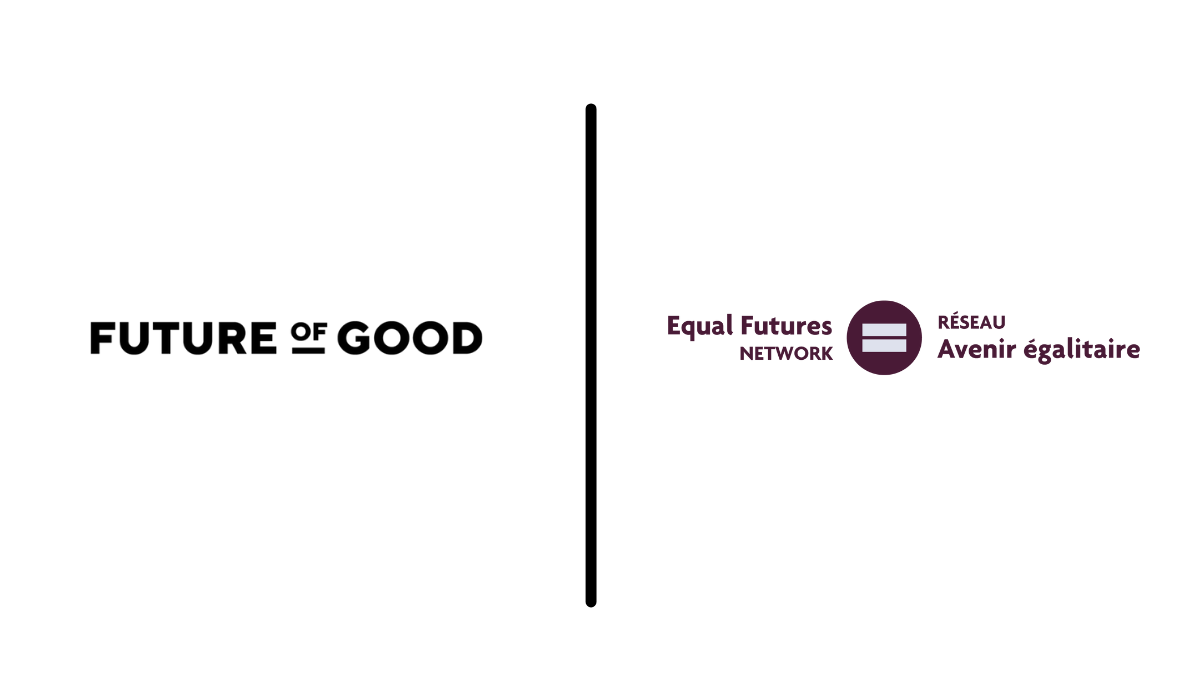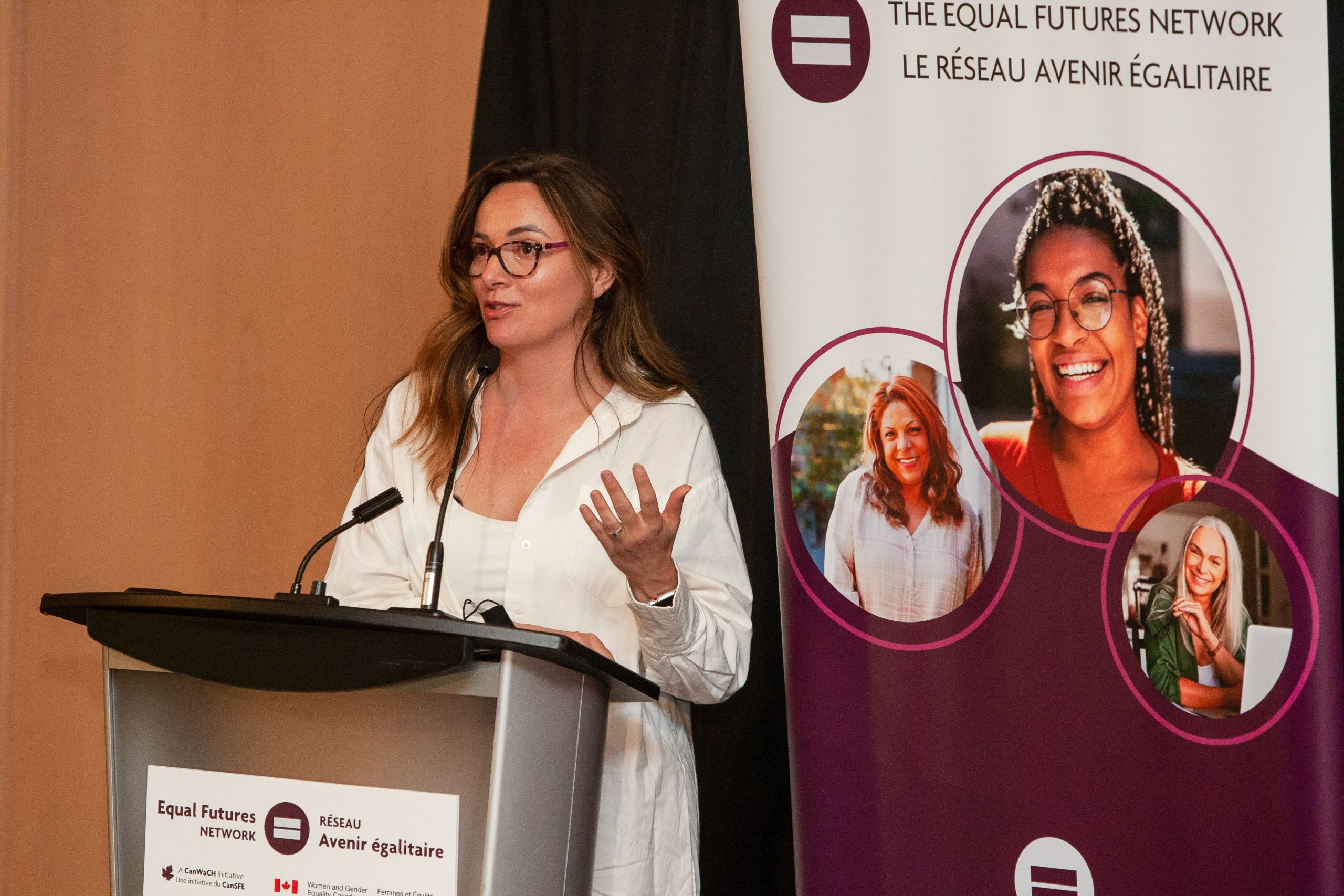
It is official – the US Supreme Court has overturned Roe v Wade, a case which guaranteed abortion rights in the country.
As a world leader, decisions in the US tend to have an impact on Canadian and global political dialogue and decision-making. So, what does this mean for abortion rights in Canada and other regions of the world?
The state of abortion rights in Canada
In Canada, the right to abortion is not so easily overturned, but that does not mean that we should rest easy as there are still many barriers that prevent access to abortion services across the country. These include barriers to sexual education, access to family doctors, the abortion pill, medical abortion procedures, and publicly funded abortion care.
Here are some leaders working to improve access to abortion rights in Canada:
National Abortion Federation (NAF) Canada
The National Abortion Federation (NAF) Canada, a partner in the Canadian Collaborative for Global Health initiative Collecting data on self-managed abortion in humanitarian and fragile settings, promotes, enhances, and ensures access to quality abortion care. NAF Canada does this by providing education and training, supporting individual providers and facilities, engaging with research, and assisting pregnant people to overcome barriers to accessing the abortion care they need.
Action Canada for Sexual Health & Rights
Action Canada for Sexual Health & Rights is a pro-choice charitable organization committed to advancing and upholding sexual and reproductive health and rights in Canada and globally. Check out Action’s Commit to Resist: Abortion Rights for All campaign, their newly launced Neglected Areas Toolkit considering four often neglected areas in national and international sexual and reproductive health and rights, and their list of common myths about abortion to educate yourself on the issues and how you can help protect abortion rights in Canada.
Abortion Support Services Atlantic
Abortion Support Services Atlantic (ASSA) is a 100% volunteer-led group helping anyone accessing abortion care in the Atlantic Canada. Founded in 2012 when anyone seeking abortion care on Prince Edward Island (PEI) had to leave the province and travel to New Brunswick, ASSA provides non-medical support to anyone seeking abortion care. This may include emotional or peer support, offering rides, gas cards, arranging for a place to stay. ASSA has also developed and delivered trauma-informed abortion support training in communities from coast to coast.
SOS Grossesse
SOS Grossesse is an independent community organization providing confidential support to anyone directly or indirectly affected by pregnancy-related situations, whether planned or not. This includes the various possible outcomes of a pregnancy, such as continuing with it, adoption, and termination of pregnancy, but also contraception, absence of pregnancy and perinatal bereavement.
Check out the Equal Futures Network’s interactive map to learn more about organizations working to advance sexual and reproductive health and rights in communities across the country.
The potential of this Roe v Wade decision was at the top of many minds at our Equal Futures 2022 Summit in early June. Watch this recording of a panel session on the protection of sexual and reproductive health and rights which closed day one of the summit to hear from Canadians advocating for gender equality in healthcare here in Canada and around the world:
The state of abortion rights around the world
US politics and decisions are also influential on the global stage – so, what is the state of abortion rights around the world?
Global trends have seen the expansion of abortion rights and the reduction of abortion restrictions. Since 2000, 37 countries have liberalized abortion laws.
Ipas, an organization that works with partners around the world to advance reproductive justice by expanding access to abortion and contraception, spoke to abortion rights advocates about the impact of the end of Roe v. Wade globally. Three areas of concern were identified:
1. Increased abortion stigma and the harm it causes to abortion providers and people seeking care
2. Emboldened anti-rights movements that will use the U.S. decision to justify their anti-abortion efforts
3. Fear that American philanthropy will focus only on the United States, and not the global need for abortion access
Ipas, Harms of overturning Roe will circle the globe
With more than 100 million people displaced as a result of persecution, conflict, violence or human rights violations, current levels of displacement are at the highest level recorded in history. This has amplified a call to see abortion care as a necessity in humanitarian settings.
Canada is one of the top global donors in support of sexual and reproductive health and rights.
Here are some Canadian partners working to support abortion rights around the world:
The Canadian Collaborative for Global Health
Through the Canadian Collaborative for Global Health, a CanWaCH initiative, Canadian partners will work with local partners in five countries to establish tools and best practices for collecting data on self-managed abortion in humanitarian and fragile settings.
Here are some of the initial responses from CanWaCH members and partners working to support abortion rights around the world:
Doctors Without Borders/Médecins Sans Frontières (MSF):
Check out the CanWaCH Project Explorer to learn more about how Canadian partners are working to support abortion rights around the world.
While the right to abortion is not so easily overturned in Canada, and current global trends are seeing an expansion of abortion rights, for many women, girls, and people who have children, it is difficult to rest easy. For many, and especially those already marginalized, the right to safe abortion care is constrained by barriers to its access, leading to unsafe procedures, harms to physical, economic, and mental wellbeing, and heightened vulnerability.
Access to safe abortion care is health care. Access to safe abortion care supports gender equality. Access to safe abortion care is a human right that protects rights to health, equality, privacy, freedom from discrimination, independence, and so much more.
The Equal Futures Network acknowledges that Indigenous people are the traditional guardians of Turtle Island, on the land also known as Canada






